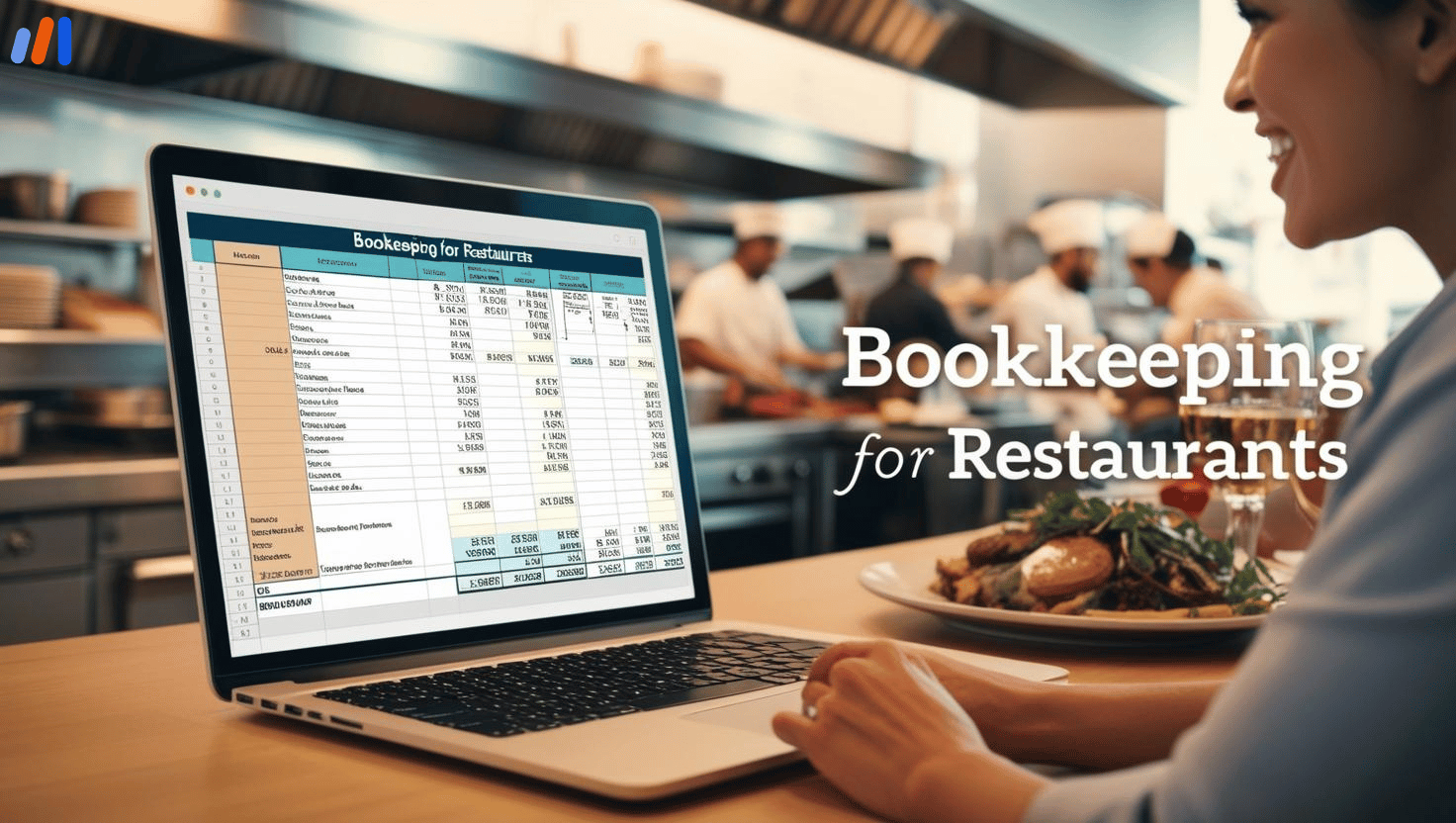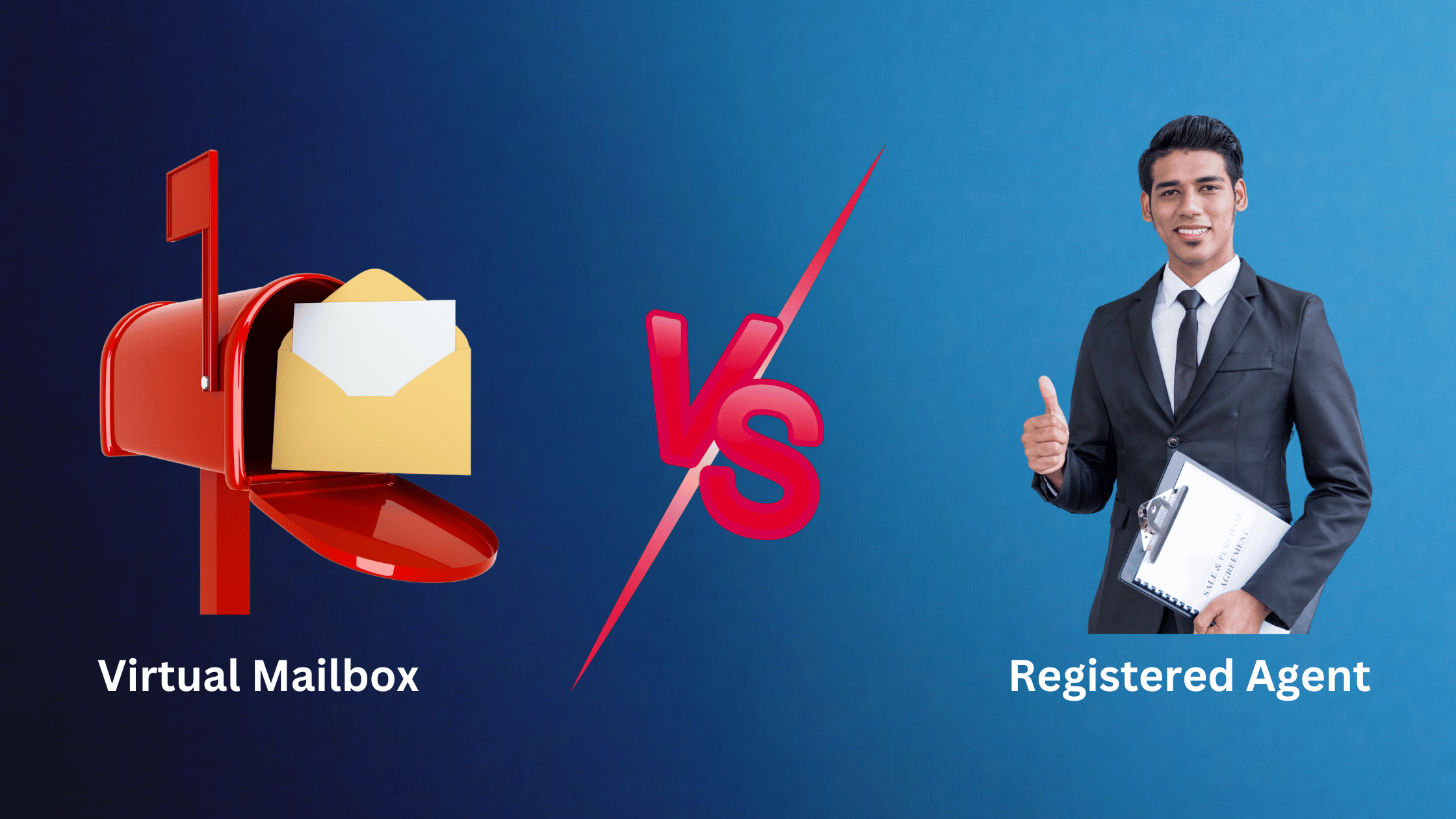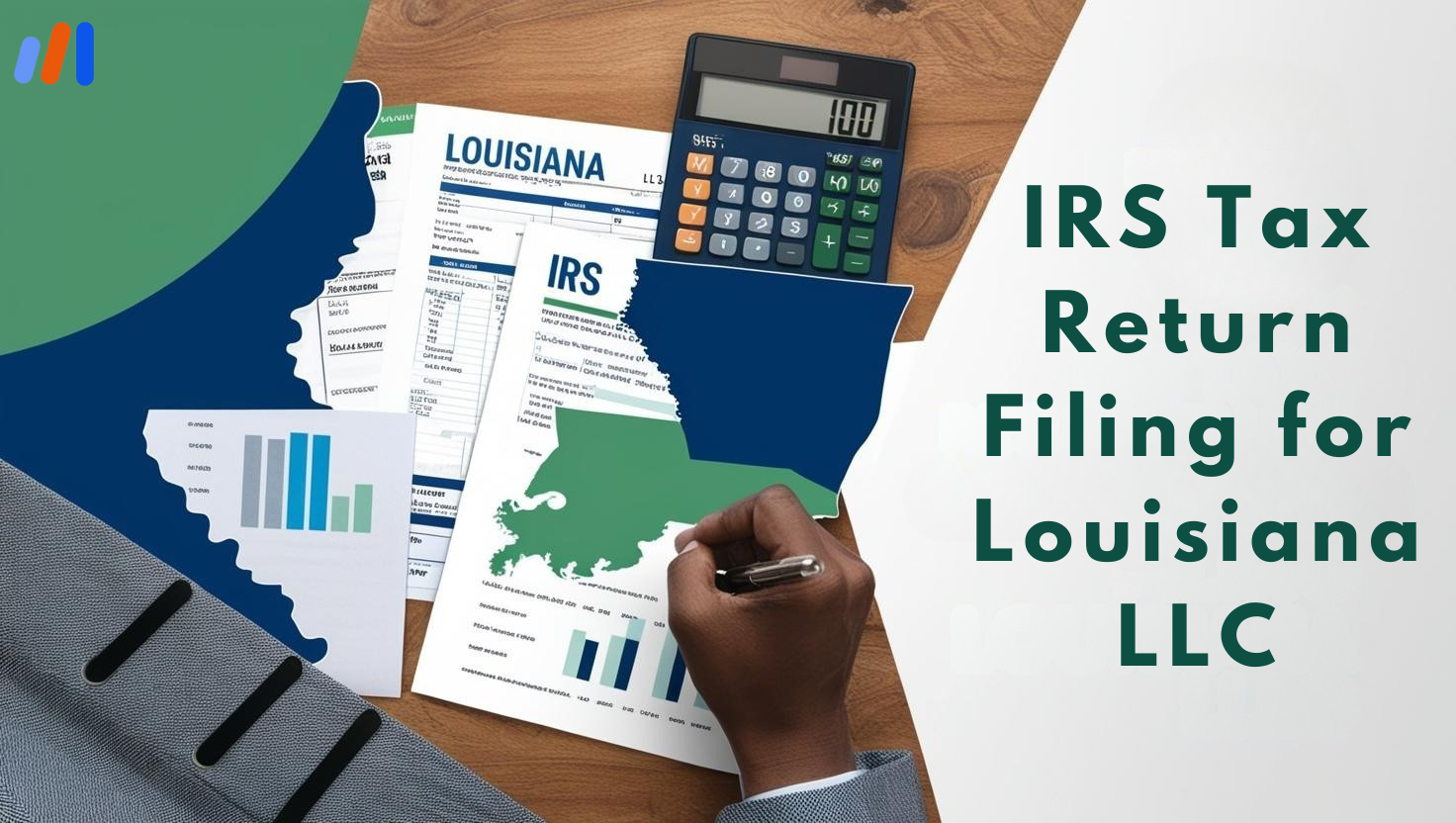Running a restaurant entails serving customers palatable food, earning a profit, and managing finances.
It’s competitive and often ruthless, where restaurants are prone to incurring unforeseen expenses and low margins. A restaurant owner’s cash flow, tax compliance, and bookkeeping, without proper record keeping, becomes challenging.
In small businesses, someone needs to manage expenses, payroll, sales, lease payments, and tax obligations. Proper maintenance of financial records is important for the restaurant also enabling owners to better manage expenses, stop fraud attempts, and increase profits.
In this article, we will discuss everything about Bookkeeping for restaurants.
Why Bookkeeping is Important for Restaurants?
Financial Clarity: Proper, organized records, enable one to understand which areas are resulting in profits, and which are incurring expenses.
Tax Compliance: Tax obligations and filings become accurate, enabling avoiding penalties.
Cost Control: Helps find areas of improvement to lower expenses and increase profits.
Cash Flow Management: Helps avoid liquidity problems by showing cash flow trends.
Business Growth: Helps obtain loans and gains investors’ interest.
Fraud Prevention: Aids in determining discrepancies between the planned and actual spending, thus preventing fraud.
Operational Efficiency: Streamlined bookkeeping has reduced administrative effort, allowing a shift in focus to primary restaurant functions.
Essential Bookkeeping Tasks For Restaurants
1. Record Daily Sales
Make sure you record daily cash sales, credit card payments, and online sales. Additionally, employing a POS system will help in automating this process, decreasing the chances of mistakes occurring within the business. Keep in mind that daily sales reports should be checked for inconsistencies or unusual activities.
2. Track Expenses
Expenses should be classified as follows:
- Food And Beverage Costs (inventory purchases, supplier payments)
- Labor Costs (salaries, benefits, payroll taxes, overtime payments)
- Overhead Costs (rent, utilities, insurance, advertisement, maintenance, licenses, and permits)
- Miscellaneous Expenses (fee of delivery service, software subscriptions, uniforms, training materials)
3. Reconcile Bank Statements
Merge all bank statements with accounting records and analyze their content to find discrepancies. It is also essential to prevent any occurrence of fraud. This step helps merchants to ensure that all their transactions are accurately accounted for and to catch unauthorized charges made against their accounts.
4. Monitor Inventory
Update inventory records periodically to manage food cost control for waste reduction. Conducting periodic inventory audits serves to achieve precise cost control and reduce stock loss due to theft and spoilage.
5. Manage Payroll
The precise management of payroll ensures that employees are paid accordingly and that labor laws are followed. Restaurants have full-time employees, part-time employees, and even tipped workers, so it’s important to manage hours worked overtime, and tip distribution.
6. File Taxes on Time
Ensure that you are up to date on both state and federal requirements such as:
- Sales tax (charged to customers and paid to the government).
- Payroll tax (withholding social security, medicare, and unemployment tax).
- Income tax (tax on profits made by the company at federal and state levels).
- Excise Tax (imposed on certain items such as alcoholic beverages, soft drinks, and other local products).
7. Create and Review Financial Statements
Financial reports such as Profit and Loss (P&L) statements, balance sheets, and cash flow statements should be produced regularly. They help in assessing the financial standing of the business to make sound decisions.
8. Plan for Seasonal Variations
As with all businesses, restaurants face seasonal revenue drops. Smart bookkeeping should help predict when the money flow will reduce and allow for smart budget decisions to be made to ease the constraints during periods of minimal revenue.
Best Practices for Restaurant Bookkeeping
1. Use Accounting Software
An investment should be made in accounting software like EasyBooks, Quickbooks, Xero, or Freshbooks that assist with automation and report generation will give restaurants an edge. These programs work with POS systems to help follow finances while saving time and effort.
2. Implement a Chart of Accounts
A Chart of accounts can automate a business’ account bookkeeping and organization. It enables easy separation of transactions within a system due to the classification of revenue, expenses, assets, and liabilities. This makes accounting, filing of taxes, and analysis post-transactions seamless.
3. Separate Business and Personal Finances
Maintain unique accounts and credit cards that are specific to businesses. This secures personal data and ensures that everything is tracked efficiently, saving headaches come tax season.
4. Conduct Regular Financial Reviews
Form a habit of evaluating profit & loss statements along with cash flow reports to know where your business stands and what decisions to make next. Conducting monthly reviews can significantly improve visibility on trends and areas for improvement such as operational costs and smart pricing.
5. Work with a Professional
Invest in a tax expert, bookkeeper, or accountant to help file your taxes. An accountant will enhance your ability to leverage critical business insights that will maximize returns and increase stability while reducing tax burdens.
6. Establish Internal Controls
Ensure controllable barriers are in place to reduce the risk of any erroneous transactions due to exposure to fraud. Different employees should be responsible for distinct actions such as cash handling, account reconciliation, and expense authorization.
7. Create a Budget and Financial Forecast
A budget should be created with the company’s target income constraining the company’s spending. Making a profit is what all businesses seek and therefore an increase in profit is aligned with lower reserve fund allocation for issues like cash flow.
Using EasyFiling To Your Advantage With Restaurant Bookkeeping
At EasyFiling, we have a niche for providing bookkeeping services to restaurants so that they keep up with their financial records and adhere to all tax obligations.
Here’s how EasyFiling can assist restaurant owners:
Automated Bookkeeping: This feature helps in simplifying the tracking of sales, expenditures, and stock levels to make bookkeeping easier.
Payroll Management: This feature guarantees correct payment of wages, tax deductions, and compensation by labor directives.
Tax Preparation and Filing: Ensure to file all your sales, payroll, and business taxes on time to avoid fines and other penalties.
Financial Reporting: Customized financial statements such as profit & loss accounts, and cash flow statements and analyses get you the detailed insights needed.
Cost Management: Analyzing financial records will uncover the less profitable areas so that cost-cutting and increase in profits can be managed.
Expert Support: Work alongside skilled providers of bookkeeping services who understand and can effectively solve the problems the restaurant industry poses.
EasyFiling provides a stress-free experience as restaurant owners have more time to prepare food and serve customers as their financial aspects are taken care of.
Recommended Tools for Restaurant Bookkeeping
- POS Systems: Square, Toast, Lightspeed, Clover
- Accounting Software: EasyBooks, QuickBooks, Xero, FreshBooks, Wave
- Payroll Services: Gusto, ADP, Paychex, OnPay
- Inventory Management: MarketMan, BlueCart, BevSpot, Restaurant365
- Expense Tracking: Expensify, Shoeboxed, Zoho Expense
Final Thoughts
To me, bookkeeping is one of the most important things to care for in the restaurant business and it resounds one of the defining factors to the success of a restaurant. When a restaurant owner knows how to capably organize, make use of the right tools, and stick to proper policies, they can assure themselves a healthy financial status, increased profit margin, and compliance with tax obligations.
I always say whether you have someone handling the bookkeeping on a consultancy basis or, as is common in restaurants, they get stuck doing everything internally, it doesn’t matter as long as the financial matters are properly taken care of.
The Restaurant bookkeeping strategy provides insight that enhances the financial freedom of the restaurant and assists them in getting rid of potential blockages preventing them from expanding the company, increasing operational productivity, and gaining new opportunities for informed behavioral activity.
Thanks to favorable financial conditions, restaurant owners will be able to channel their attention on providing great quality service and food, all while enjoying the affair of securing the future financially.
File Your LLC Today
25$ off with a coupon
Lock in EasyFiling's transparent rates and get lifetime compliance support at no extra cost.
Get Started Now








